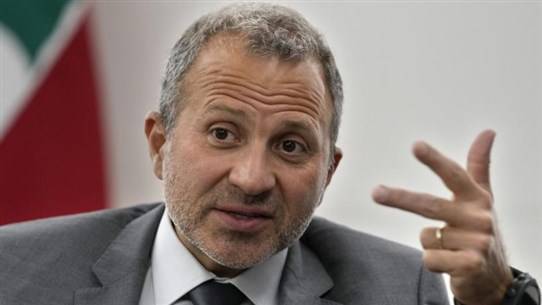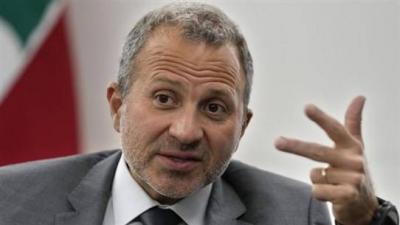The current situation appears poised for stagnation, with the least unfavorable scenario resulting in a republic without a president, a diminished government, and a parliament resistant to any agreement. As the country enters a politically and security-draining process, accompanied by growing areas of tension, 2023 will come with a set of inherited challenges from previous years that have reached their due date, the most dangerous of which is the presidential vacuum. Attempts are being made from both abroad and within to gauge the pulse for its resolution, yet there are no serious indicators of a consensus that would allow for the election of a compromise president. In the presidential file, “everyone is troubled.”
It may be good for Hezbollah that the attempts to consolidate a remaining coalition from the March 14 team—including various parties, movements, and "change" forces—around a challenging candidate have failed. However, this does not negate the fact that a fundamental aspect of the crisis lies in the escalating "hostility" between the party’s allies and friends. It is true that the “lost affection” among these groups is a crisis Hezbollah has endured, but it did not threaten the ruling balances as it does now regarding the presidential predicament. Therefore, this issue requires significant "effort" despite the associated difficulties, which are as follows:
First, the Free Patriotic Movement and its leader, MP Gibran Bassil, behave as if he is the "successor" to former president Michel Aoun in Baabda, with no room for debate, considering that he heads the Christian bloc that is rivaled in weight only by the Lebanese Forces—an entity positioned to the right of Hezbollah’s opponents. Consequently, Hezbollah's "national" need for Bassil compels the party to support his candidacy.
Second, Bassil is aware that his chances are virtually non-existent, and he is merely attempting to establish himself as a primary and essential voter. The problem lies in Bassil's commitment to a position from which he cannot retreat. He has not merely communicated to Hezbollah Secretary-General Sayyed Hassan Nasrallah his firm refusal to proceed with the candidacy of the head of the Marada Movement, Sleiman Frangieh, but insists on declaring this clearly and firmly in every appearance. This significantly diminishes the possibility for future compromises and increases its costs.
Third, Hezbollah tries to balance its position among allies. It has never claimed that Frangieh is its candidate, yet it has not removed him from the equation, considering that "the only two candidates whom the party trusts in the forthcoming phase are Bassil and Frangieh, with no third option." The party will not accept a candidate "with no prior experience on strategic issues, and it will not repeat the mistake of electing a president like Michel Sleiman, who turns against resistance and national constants." However, Bassil has rejected Hezbollah guaranteeing a settlement with Frangieh under its patronage. Thus, Hezbollah will not support Bassil in his attempts to propose names for "technocratic" candidates in politics.
Fourth, there is a nearly decided agreement between Hezbollah and Speaker of the House Nabih Berri that their presidential candidate will be one and the same, unlike what occurred in 2016. Both parties are more than ever keen to draw a red line to protect their alliance and avoid any Shiite conflict. Therefore, the era of President Michel Aoun with the duo will not be repeated, meaning that the possibility of an agreement with Bassil is not available.
A closer examination of the nature of the ongoing consultations reveals that the March 8 candidate is solely Sleiman Frangieh. Each party is working on the side they believe they have sway over. In this context, the recent visit by Progressive Socialist Party leader Walid Jumblatt to Ain El-Tineh, after which he emerged "convinced" of not keeping the door closed to a compromise on Frangieh if internal and external conditions permit his election, is notable, especially since he is more acceptable to many parties, including Saudi Arabia, and his chances are better than Bassil's. Meanwhile, the most challenging task lies with Hezbollah, which, regardless of the circumstances, will not bypass Bassil in any upcoming settlement. Hezbollah is keen to ensure that the Free Patriotic Movement and Bassil are not excluded for several reasons. Most importantly, any Christian president must have the backing of a strong Christian bloc—either the Free Patriotic Movement or the Lebanese Forces—since Hezbollah believes that its strong ally has repeatedly proven "the robustness" of this alliance despite differences in opinions on many external issues. Consequently, until Bassil is convinced of the necessity of establishing a settlement within what is termed the March 8 team, this team will face a crisis preventing them from delivering a president from within its ranks.




